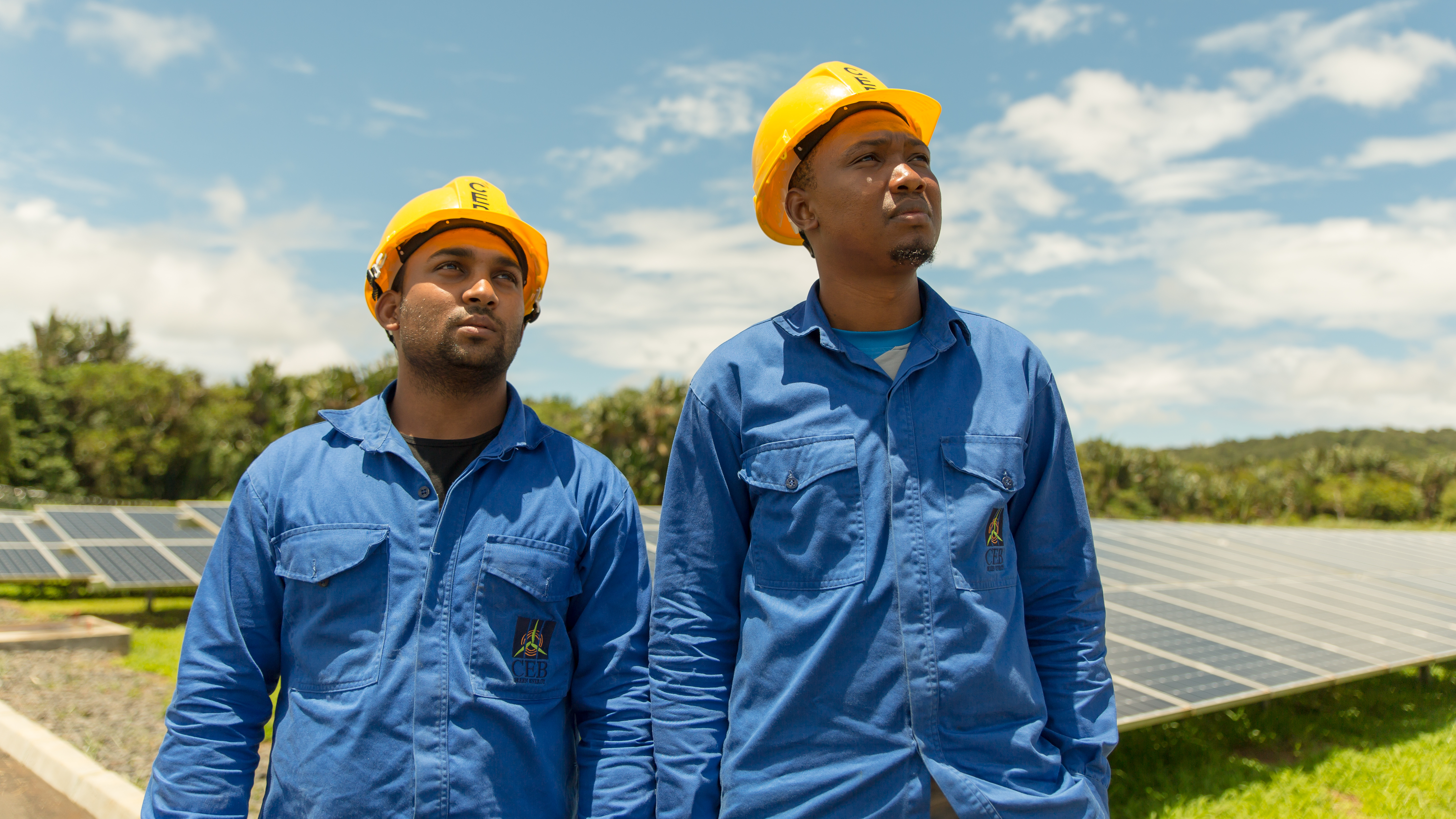What is the Alliance for a Just Energy Transformation?
The Alliance for Just Energy Transformation is a voluntary initiative that aims to catalyse a shared understanding and transformative action towards successful implementation of Just Transition policies worldwide, even as the details of the transitions differ at national scales. It will help advance inclusive community-centred dialogue with all relevant stakeholder groups (communities, civil society, policymakers, and private sector) to facilitate and to identify common ground to ensure the path to energy transition is socially just and sustainable.
This involves understanding the needs of those currently engaged in fossil fuel supply chains and services as they transition to renewable energy alternatives. These local transitions will together form a global transformation, with common principles to ensure success, including climate justice, international cooperation, equitable social and economic policies, community and environmental resilience, and access to finance.

 Locations
Locations

